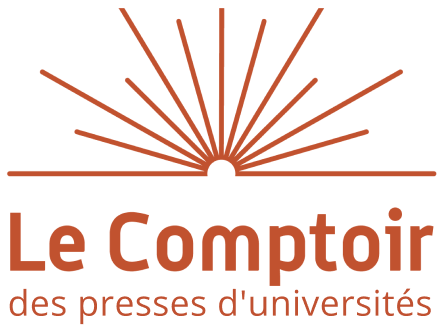
Polyphonies amérindiennes
Variations en anthropologie (&) linguistique offertes à Aurore Monod Becquelin, vol. 1
Marie CHOSSON,Philippe ERIKSON,Valentina VAPNARSKY,Emmanuel De VIENNE
Résumé
L'ouvrage réunit un ensemble de travaux consacrés aux discours et aux langues d'Amazonie et du monde maya, rédigés par des spécialistes de renommée internationale. Les analyses abordent des thématiques phares de l'anthropologie linguistique, à partir d'études de cas issues d'enquêtes de terrain ou d'archives. Des aspects structurels de certaines langues amérindiennes – portant notamment sur l'espace, le temps ou l'agentivité – sont examinés dans une approche discursive et pragmatique. Différentes formes orales, en particulier celles de registres rituels, mais aussi mythiques ou conversationnels, sont étudiées tant pour leurs qualités poétiques que pour leurs modes spécifiques de significations et d'efficacité. La polyphonie énonciative ainsi que l'intertextualité de ces ...
Lire la suite
FORMAT
Livre à rabat
21.00 €
Ajout au panier /
